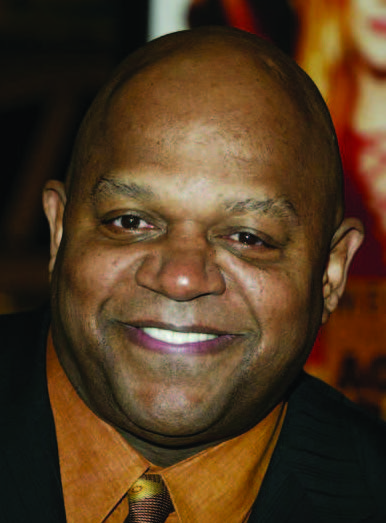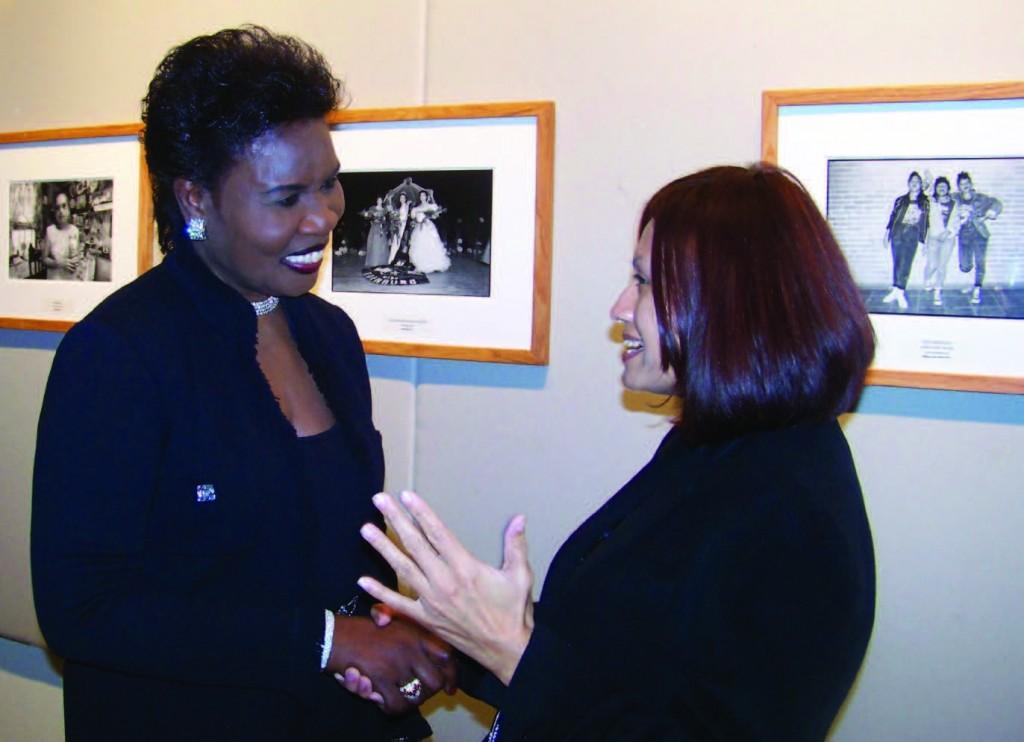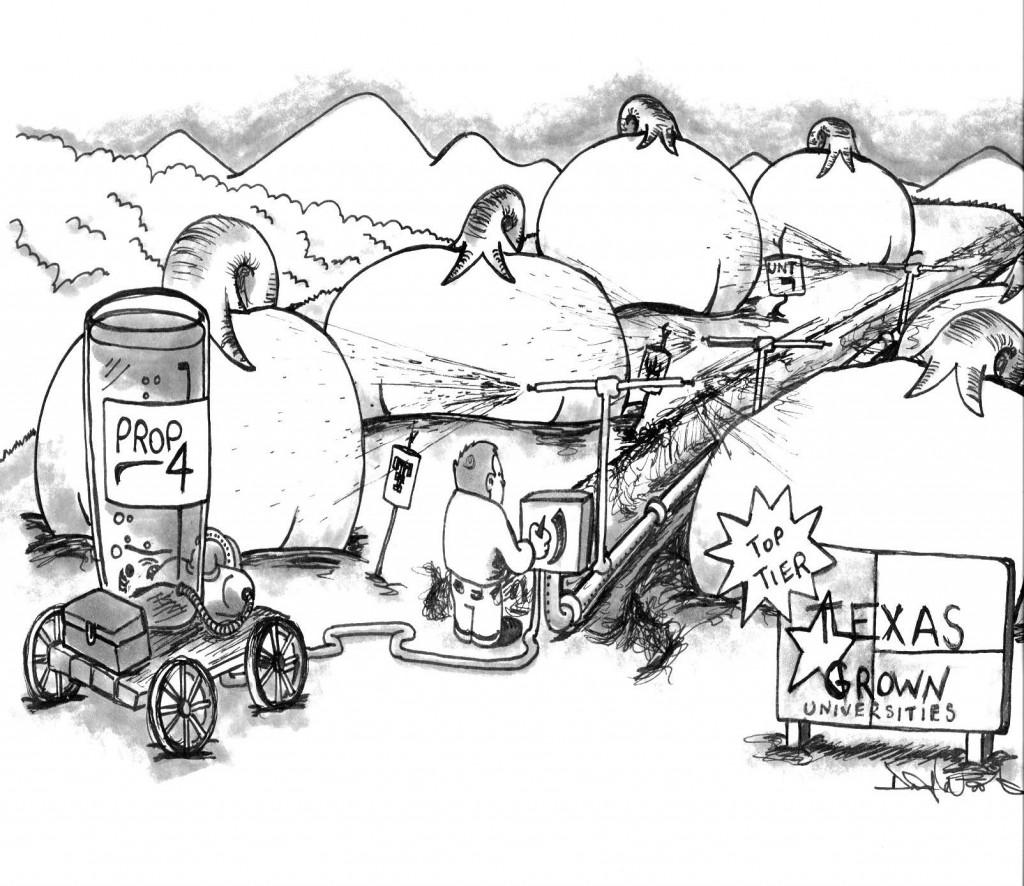By Karen Simonson/reporter
The United States has an incredible wealth gap, a NE Campus assistant professor told students last week.
“I can stand here before you tonight and tell you that you and I actually now live in a period of American history that’s the greatest uneven distribution of wealth in this nation’s history,” he said.
Peter Hacker presented Paradox of Affluence, hosted by Phi Theta Kappa Oct. 21 as part of its honors seminar series.
Hacker said the top 10 percent of earners in the nation control half of the total wages.
“They have 40 percent of all the disposable income and 57 percent of the net worth,” he said.
The top one-10,000th of households in America controls 6 percent of the income.
“We’ve never seen this before,” he said, calling it a “phenomenal statistic.”
The founding fathers did not predict the mess we are in now, Hacker said, pointing to John Adams who believed a concentration of wealth can turn into a concentration of power.
“Not even in the days of Andrew Carnegie and Rockefeller did so few control so much,” he said.
Hacker said income, debt and consumption are three ways to express inequality of wealth.
“The middle class has twice as much debt to income as the upper class,” he said.
“Should we care about wealth and equality?”
Hacker said he hears people say they don’t care what the rest of the world thinks. Everyone needs to care because the U.S. trades with people all over the world, and they own U.S. treasury bonds and currency.
“Some people look at capitalism as a NASCAR pile-up. There are winners and there are losers,” he said. “Others say ‘No, let’s get government involved.’”
Hacker pointed to a recent poll showing 85 percent of respondents wanted government involvement.
“In the past two years in this recession, we’ve lost $13 trillion in wealth,” he said. “Unemployment has doubled to 10 percent, and we are on course for 13 million foreclosures by year 2014.”
Hacker said talk radio and television bombards the public with economic talk. He said students should know that money doesn’t have to be the true measurement of a fine society.
“I would argue, and I might be the minority, that what we are going through is insane, that the wealth gap is not natural, but maybe I’m wrong,” he said.
Students should go to college, listen to their professors who are the experts in their fields versus listening to the loudest voice, Hacker said.
NE student Brittany Grimes said the speech caused her to question what she knew.
“It told us a lot about the economy,” she said.
“I will study more.”
Phi Theta Kappa public relations officer Jessica Davis said the speech covered an honor study topic, and she hoped members would no longer be scared of a topic that sounds complicated.




























